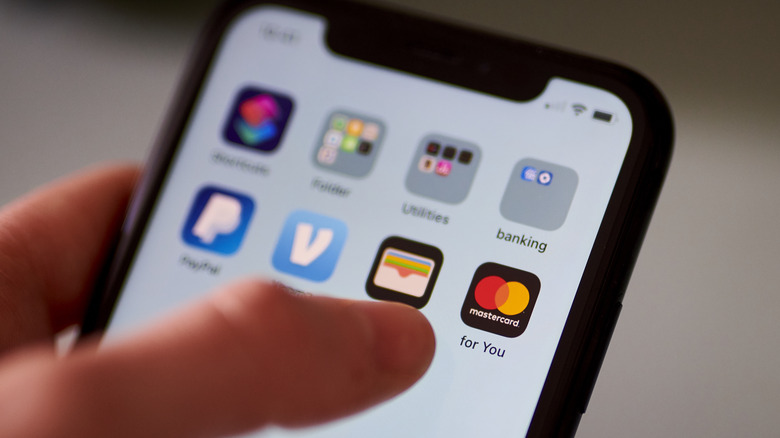Planning
Sarah Gilliland
Credit cards are a convenient way to access money and avoid bank fees, especially while traveling. With the advent of mobile payment options and tap-to-pay features across the globe, travelers can skip the foreign currency exchange and, in many places, avoid the need to have cash on hand while on the road. But for those traveling internationally or outside their home region, is it still necessary to alert your bank or credit card company?
Modern technology allows banks and credit card companies to keep up with transactions made by their customers on a regular basis. This technology is helpful for establishing a pattern of behavior for each customer (including patterns of travel), which is one of the easiest ways for banks or credit card companies to detect fraud on your behalf. Because of this ability to track purchase patterns, most frequent travelers do not always need to set up alerts on their credit cards.
However, having an additional backup layer never hurts when protecting your money and identity. In most cases, you can call the institution, file an alert online, or use the mobile app to inform them of your upcoming plans — all of which are much easier to do ahead of time, while you’re still on your home turf relying on the WiFi and data plans you’re used to. Especially if you tend to stick to the same few ZIP codes, there are many cases when setting up a travel alert ahead of time is a good idea.
Credit card travel alerts can be helpful

Martin-dm/Getty Images
What situations require a travel alert on credit cards? If you regularly trek around the U.S. but are traveling outside the country for the first time, alerting your bank or credit card company will ensure they know your upcoming purchases are actually you. On the other hand, some travelers use credit cards mainly for extra security and convenience when on vacation and keep them tucked away at other times. If you haven’t used a particular credit card in a while and are planning on using it for upcoming travel, an alert will let the bank or credit card company know that the new activity is legitimate, even after lengthy inactivity on the account.
The same goes for a new card — perhaps one you opened specifically for your upcoming trip to take advantage of travel rewards or low introductory APR; if you’re going to be spending far from your billing address, an alert is probably a good idea. Large purchases such as international flights or exclusive experiences are also helpful occasions to set a credit card alert. If a credit card is not regularly used to make large purchases, alerts about fraudulent activity may cause the card to be declined.
Preventing fraud abroad

Bloomberg/Getty Images
In addition to the security features provided by modern credit cards, banks and credit card companies monitor purchase patterns and can see if customers have upcoming travel plans. However, if you have multiple cards and purchased your ticket with a different one than you’ll be using for day-to-day purchases while you travel, you might want to alert that bank — and it can’t hurt to inform all of your institutions.
American Express advises its customers that updating their contact information during travel is the best way to prevent fraud on their accounts. Many banks and credit card companies use text alerts for fraud, so if you’re traveling to another continent, it can be a good idea to call your cell phone company to ensure you can use your cell phone overseas. Additionally, free mobile apps typically offer quick solutions for updating information or locking a credit card if lost or stolen — and easy ways to contact customer service if something does go awry on your trip.
Ultimately, it’s up to you whether or not to set a travel alert on your credit card. Available technology offers security and convenience, and setting an alert only increases that peace of mind — so you can travel with confidence.

